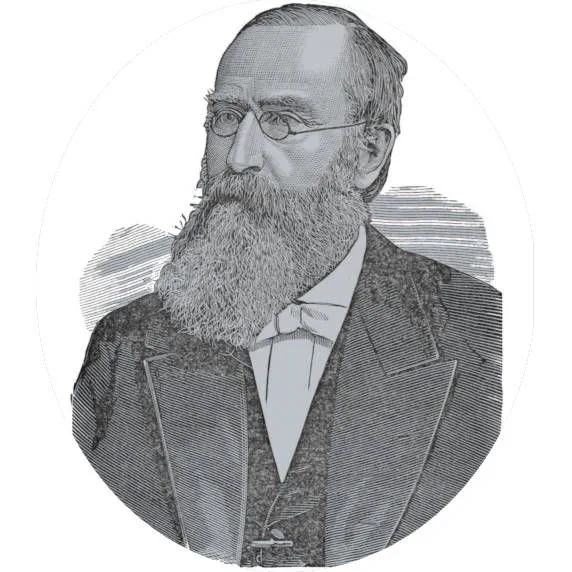How Charles Krauth Came To Embrace The Book of Concord [quote]

“When a student at College, Charles P. Krauth was known to all to possess brilliant and versatile talents, and high hopes were entertained of the future years of his life… When Mr. Krauth left the Seminary and entered the ministry, we have no reason to believe that his theological views were any other than those then entertained by his Professors, and prevalent in the Institutions at Gettysburg [General Synod under Samuel Schmucker]. Of the stricter Lutheran confessional position of later years, we do not know that there was then even a beginning.
“An interesting question arises as to the time at which the change in Mr. Krauth’s theological views took place, and the influences by which it was caused. I cannot definitely answer that question. During his stay at Baltimore I had no other intercourse with him than during occasional meetings at Gettysburg. But in 1848 and 1849 and the following years, when I was admitted to a very near intimacy, when one subject after another was by agreement studied by us both, when we compared views both personally and in regular correspondence, when the whole course and results of his studies were familiarly open to me, I may safely affirm that the change of view and conviction was substantially complete.
“Dr. Bittinger says that President Krauth declared his belief that a copy of the Loci of Chemnitz presented by him to his son, and carefully studied by him, was the starting point of inquiries and examinations which wrought the change. It may very well be that that great masterpiece of Lutheran theology, with its array of scriptural evidence and its clear, cogent argument, had great power with so philosophical and logical a mind as that of Mr. Krauth. But wherever the start may have been made, at the time of which I speak, he had already made himself familiar with much of patristic theology; he was engaged in following the course of thought in the Church through the ages; he was nearly as familiar then with the very phrases and statements of the Book of Concord as we have all known him to be in these later wars; he was then following the doctrinal disputations of the Reformation, gathering in his library the special literature of its different periods, and subjecting the whole to a most thorough examination, and the result at each successive stage of the examination was to confirm and deepen the conviction that the whole truth of the authoritative Word was nowhere set forth with such clearness, purity and fulness as in the collected Confessions of the Lutheran Church, and that in all their doctrinal teachings they were in conformity with that Word.
There remained still some incongruous rubbish of external usage and observance, perhaps some inharmonious views and feelings of weightier moment, to be cleared away by the working outward of inner conviction; wider reaching and fuller knowledge were to be obtained by the constant study and prayer of many after years; but the ground on which he stood was then firm and remained for him unshaken to the end of life. How thorough his study of the Confessions at that time, how carefully he was engaged in tracing the history of their preparation, and how completely his convictions were in accord with the Confessions, may be clearly seen from his article in the Evangelical Review for October, 1849, on “The Relation of our Confessions to the Reformation.” — Beale Schmucker
From: Schmucker, Beale. A Compact Biography of Charles Krauth. Available for free download from LutheranLibrary.org